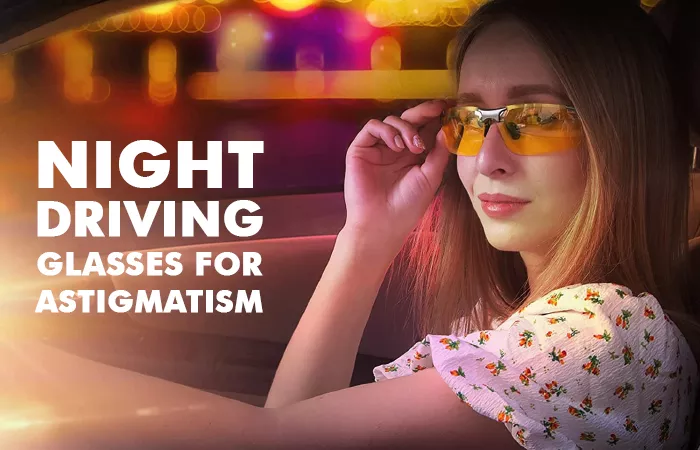Night driving with astigmatism can be challenging due to glare, halos, and blurred vision. This article explores effective eyewear solutions to enhance nighttime driving safety and comfort for individuals with astigmatism.
What is Astigmatism and Its Impact on Night Driving
Astigmatism is a common refractive error caused by an irregularly shaped cornea or lens, leading to distorted or blurred vision. At night, this condition can cause:
- Halos around lights
- Glare from headlights
- Reduced contrast sensitivity
These symptoms make nighttime driving particularly difficult. Regular eye exams and updated prescriptions are essential for managing astigmatism effectively.
Importance of Anti-Reflective Coatings
Anti-reflective (AR) coatings on lenses can significantly reduce glare from headlights and streetlights, improving clarity and contrast during night driving. These coatings are especially beneficial for individuals with astigmatism, as they minimize visual distortions caused by reflections.
Recommended Eyewear Solutions for Night Driving
Several eyewear options can aid in improving night driving vision for those with astigmatism:
1. Prescription Glasses with AR Coating
Opt for prescription glasses equipped with anti-reflective coatings to reduce glare and enhance contrast sensitivity at night.
2. Clip-On Night Driving Glasses
Clip-on lenses can be attached over existing prescription glasses, providing an affordable solution to reduce glare and improve nighttime visibility.
3. Specialized Night Driving Glasses
Some brands offer glasses specifically designed for night driving, featuring yellow or amber-tinted lenses to enhance contrast and reduce glare.
Additional Tips for Safe Night Driving
Beyond eyewear, consider the following tips to improve nighttime driving safety:
- Keep your windshield and headlights clean to minimize glare.
- Adjust dashboard lighting to reduce internal reflections.
- Avoid looking directly at oncoming headlights.
- Drive in familiar areas to reduce the risk of accidents.
Choosing the Right Glasses: Key Considerations
When selecting glasses for night driving with astigmatism, consider:
1. Accurate Prescription
Ensure your glasses are up-to-date with your astigmatism correction.
2. Lens Coatings
Opt for anti-reflective, scratch-resistant, and UV-protective coatings.
3. Frame Fit
Comfortable, well-fitting frames prevent slippage and ensure proper alignment with your eyes.
Conclusion
For individuals with astigmatism, selecting the right eyewear is crucial for safe and comfortable night driving. Incorporating anti-reflective coatings and considering specialized lenses can significantly improve vision quality during nighttime conditions.
Related topics:


